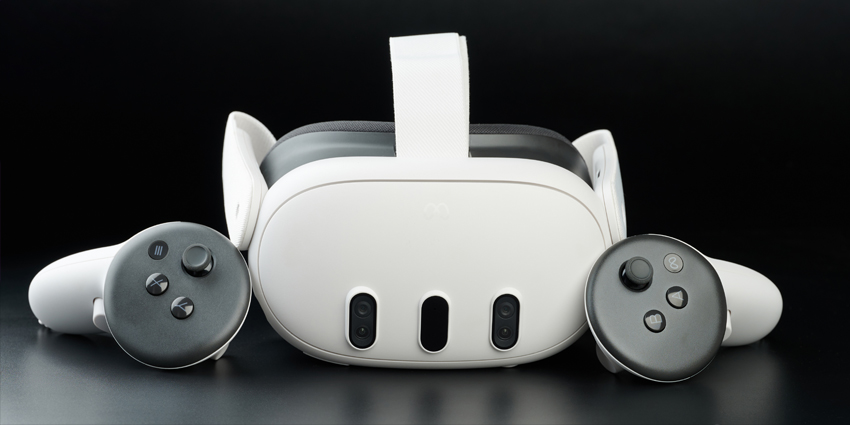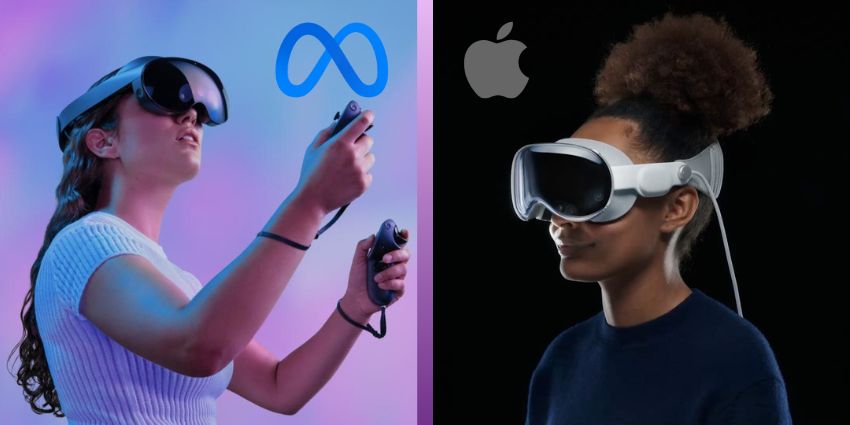Hamad General Hospital (HMC) has performed the country’s first-ever spinal surgery using augmented reality (AR)-based solutions, National news outlet The Penninsula reported on Sunday.
The hospital, owned by Hamad Medical Corporation, saw neurosurgical teams successfully remove a cancerous tumour from a patient. Doctors and surgeons used the “Augmented Reality with Electronic Navigation” tool from NextAR Spinal — a first for both Qataris and the Middle East overall.
With the innovative solution, doctors minimised the risks associated with vascular and neurological tissue during operations. This leads to greater patient outcomes and reduced knock-on effects from procedures.
Neursurgeon’s NextAR Spine System Testimony
According to Dr Sirajeddin Belkhair, Head of Neurosurgery, HMC, the cutting-edge tool provided surgical teams with guidance for their instruments while operating.
Speaking in a recent social media post, Dr Belkhair explained that the “advanced and new (AR) technology” guided his neurosurgical teams to remove the spinal cord tumour from the patient.
He added that it was the “new technology that has been used for the first time in Qatar and the Middle East in the field of brain and spine surgery.”
The medical professional explained further,
“This technology enabled the surgeon to view the patient’s CT scan or MRI images on the patient themselves, which increases the accuracy of the surgery. That happens through electronic glasses that the surgeon wears to the [operating theatre]. Through those glasses, we can overlay the images onto the patient, increasing the accuracy and efficiency of the [procedure] tremendously and enabling us to do a complex surgery that we were not [previously] able to do”
He added that the patient, aged 60, faced a spinal cord injury weeks before the surgery, but doctors successfully removed the tumour. Later, they stabilised his spine with instrumentation, leading to a successful but slow recovery for the patient.
Dr Belkhair added: “The patient started to walk a few days after the surgery we [conducted] and, Inshallah, we are hoping to continue [with more] achievements that many [medical] corporations have performed over the last few years.”
NextAR: Empowering Doctors with Advanced Tools
Owned by Medacta International, the NextAR Spinal solution connects augmented reality devices via Bluetooth, allowing doctors to expedite their surgical procedures in the operating theatre.
By overlaying computer tomography (CT) and magnetic resonance imaging (MRI) scans over the patient, doctors and surgeons can receive a much clearer picture of the body, leading to faster procedures with greater accuracy.
The battery-powered device uses a tracking system featuring numerous light-emitting diodes. This provides the system with reference points for precise operations via Medacta’s Spine System instruments.
Tracking occurs on the NextAR Camera, which relays information to the NextAR Control Unit via Bluetooth.
.jpg)
In addition to guiding surgeons in operative procedures, it will also offer them guidance on spinal implant placements.
The six-hour procedure reinstated the patient’s walking capacity after three days of recovery. Additionally, he will also receive further post-operative physical therapy to complete the recovery process.
Persian Gulf Nations Advance Medical XR
News of the advanced neurosurgical operation comes as Qatar’s neighbours, the United Arab Emirates (UAE), Kuwait, and Saudi Arabia, develop their virtual, augmented, and mixed reality (VR/AR/MR) roadmaps leading up to 2030 and beyond.
For example, the UAE’s governmental, healthcare, defence, and other industry verticals have seen a meteoric rise in the adoption of XR technologies.
One of their major achievements has been the Ministry of Health and Prevention’s (MOHAP) healthcare portal aimed at democratising healthcare treatment and availability to patients across the nation.
Many of those that the programme targets struggle to reach their general practitioners due to limited mobility and poor geographical locations.
Vantari VR has also expanded its medical training solutions to the Middle East and Italy. The Australian XR firm aims to democratise medical training to global practices across its partner network and others.
Currently, the company hosts partnerships across the United States, United Kingdom, Italy, India, and the UAE.
By working strategically in the global market, the company’s medical XR training toolkit can help empower countries, institutions, and businesses that are stepping up their efforts to improve patient healthcare. This will also offer massive use case studies, measure efficacy, and build a global ecosystem of solutions.







